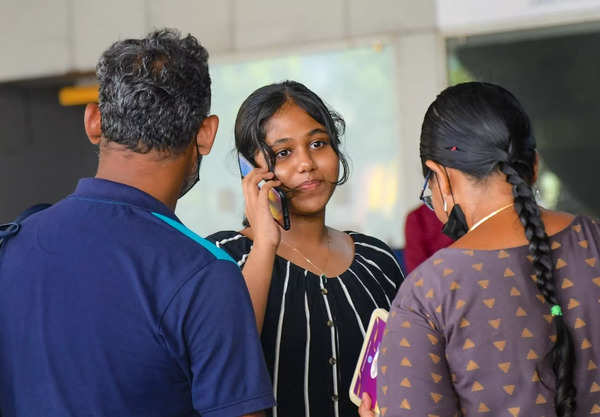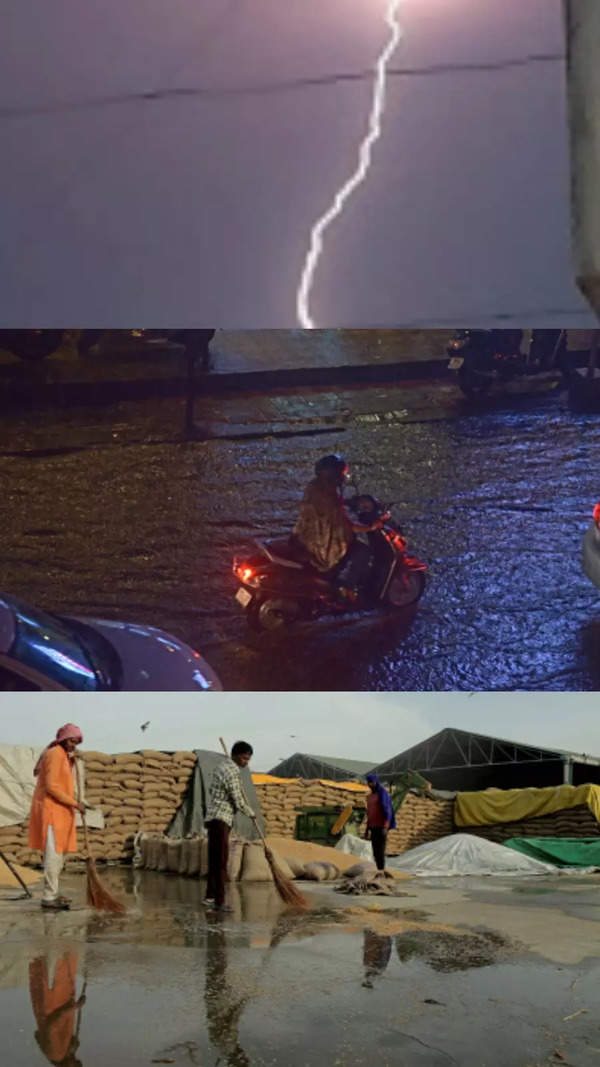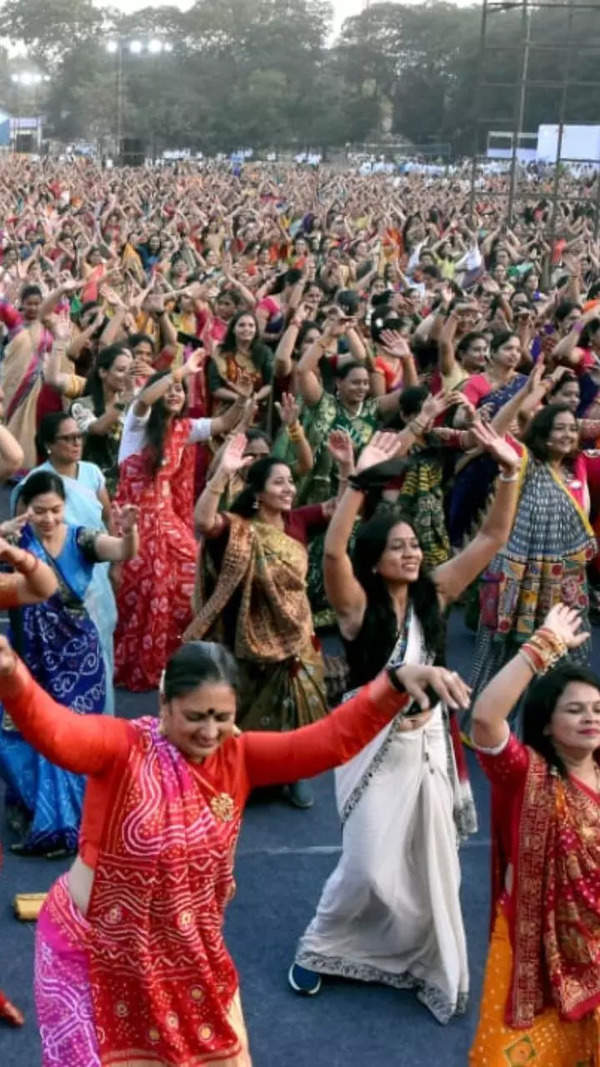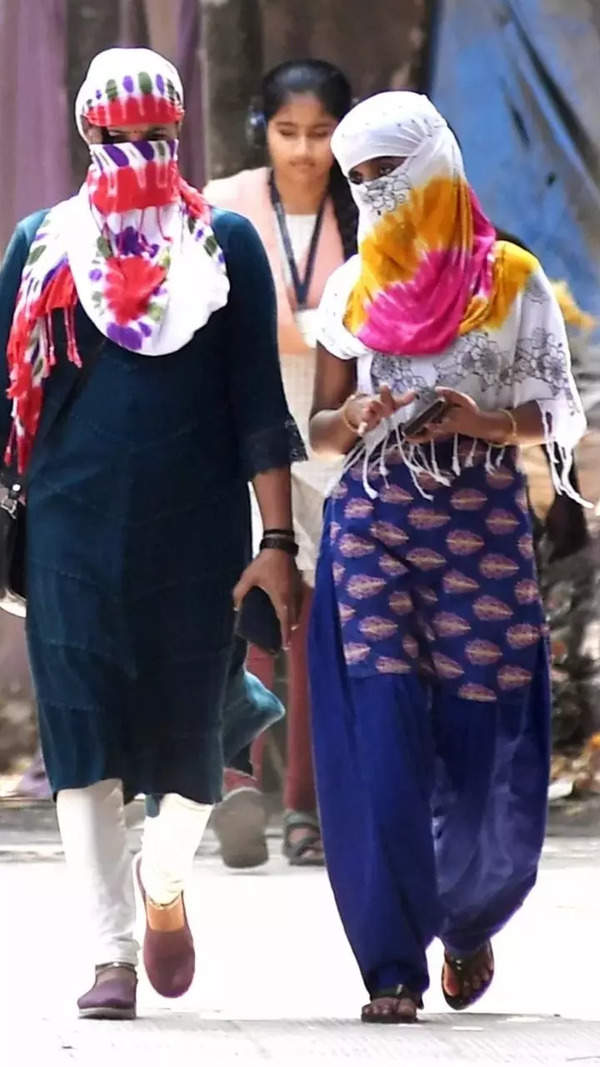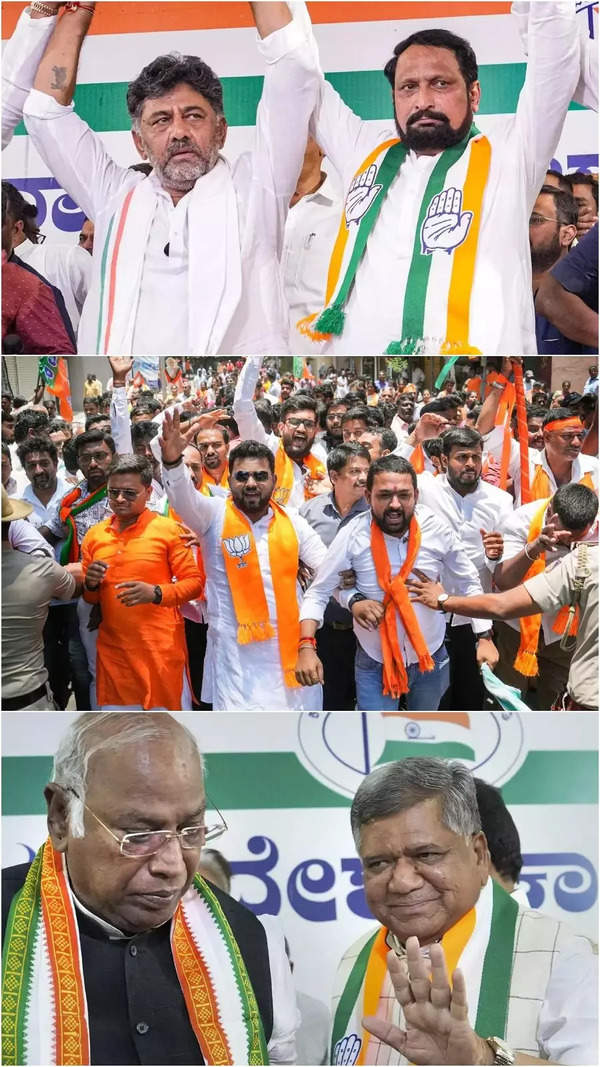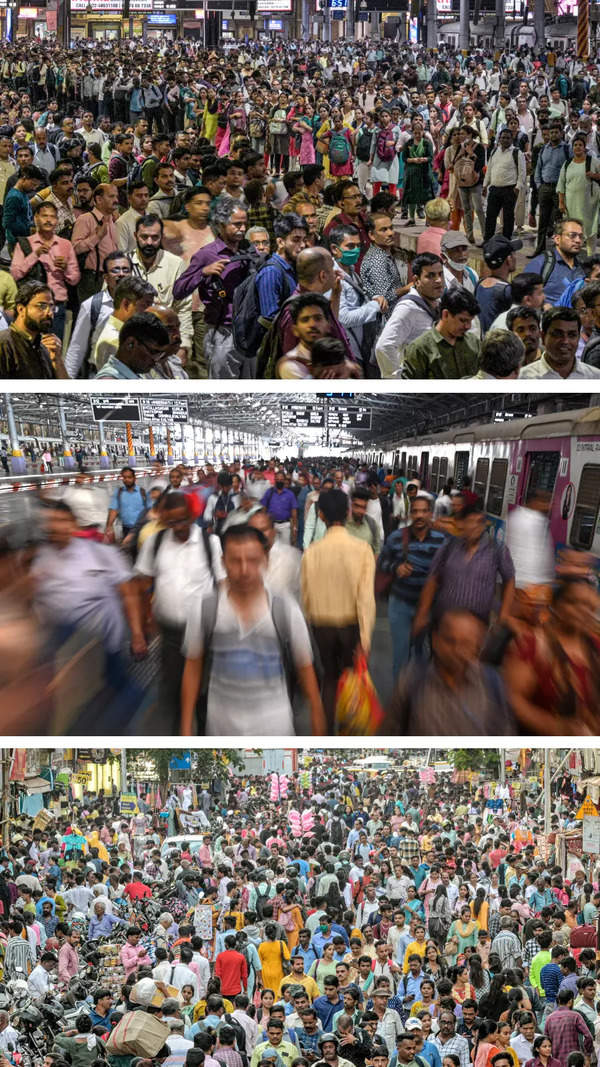- News
- City News
- varanasi News
- Bangladesh delegates visit ISARC
Trending Topics
Bangladesh delegates visit ISARC
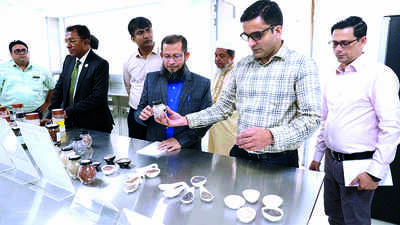
Varanasi: With an aim to harness the knowledge and experience of the International Rice Research Institute (IRRI) in areas of modern rice research through various initiatives, a team of delegates from Bangladesh Agricultural Development Corporation (BADC) visited the International Rice Research Institute South Asia Regional Centre (ISARC), Varanasi on Monday.
The visit was centered on demonstrations, reflections, and stakeholder interactions on the latest rice technologies targeting modern practices and technologies such as varietal development/breeding, varietal testing protocols and quality seed production, varietal positioning methods, value chain propositions, and post-production practices. The team visited ISARC on the fourth day of its five-day visit to India.
Prior to their visit to ISARC, the team had a three-day exposure visit in Odisha, where they learned about the progress of IRRI in rice-based agri-food systems.
The team comprised Md. Mostafizur Rahman, member director (Seed & Horticulture), Md. Mahbubur Rahman, joint director (Seed Marketing), Md. Nazmul Islam Manik, chief coordinator, Research Cell and Program Coordinator, BADC-IRRI collaboration programme and Ripon Sikder, senior assistant director, research cell, along with lead scientists from IRRI Bangladesh.
Welcoming the delegates, ISARC director Sudhanshu Singh gave an overview of the different dimensions through which the centre is assisting in enhancing the rice-based agri-food systems and contributing to poverty and hunger alleviation in South Asia and Globally.
Speaking on the occasion, Md Mostafizur Rahman applauded innovative research activities undertaken at ISARC. Mentioning and lauding the state-of-art laboratory facilities at the centre, he said, “We had a quite a fruitful experience of knowledge sharing and learning during our entire visit at ISARC. We also got to explore the interventions of IRRI in Odisha in the past three days and today, we learned how the institute is strongly supporting seeds systems and other major aspects of rice breeding, and precision agriculture. We would certainly want to have more such experiences and collaborations to work together towards our shared goals of farmers’ welfare and strengthening the food systems.”
The visit was centered on demonstrations, reflections, and stakeholder interactions on the latest rice technologies targeting modern practices and technologies such as varietal development/breeding, varietal testing protocols and quality seed production, varietal positioning methods, value chain propositions, and post-production practices. The team visited ISARC on the fourth day of its five-day visit to India.
Prior to their visit to ISARC, the team had a three-day exposure visit in Odisha, where they learned about the progress of IRRI in rice-based agri-food systems.
The team comprised Md. Mostafizur Rahman, member director (Seed & Horticulture), Md. Mahbubur Rahman, joint director (Seed Marketing), Md. Nazmul Islam Manik, chief coordinator, Research Cell and Program Coordinator, BADC-IRRI collaboration programme and Ripon Sikder, senior assistant director, research cell, along with lead scientists from IRRI Bangladesh.
Welcoming the delegates, ISARC director Sudhanshu Singh gave an overview of the different dimensions through which the centre is assisting in enhancing the rice-based agri-food systems and contributing to poverty and hunger alleviation in South Asia and Globally.
Speaking on the occasion, Md Mostafizur Rahman applauded innovative research activities undertaken at ISARC. Mentioning and lauding the state-of-art laboratory facilities at the centre, he said, “We had a quite a fruitful experience of knowledge sharing and learning during our entire visit at ISARC. We also got to explore the interventions of IRRI in Odisha in the past three days and today, we learned how the institute is strongly supporting seeds systems and other major aspects of rice breeding, and precision agriculture. We would certainly want to have more such experiences and collaborations to work together towards our shared goals of farmers’ welfare and strengthening the food systems.”
Start a Conversation
FOLLOW US ON SOCIAL MEDIA
FacebookTwitterInstagramKOO APPYOUTUBE

